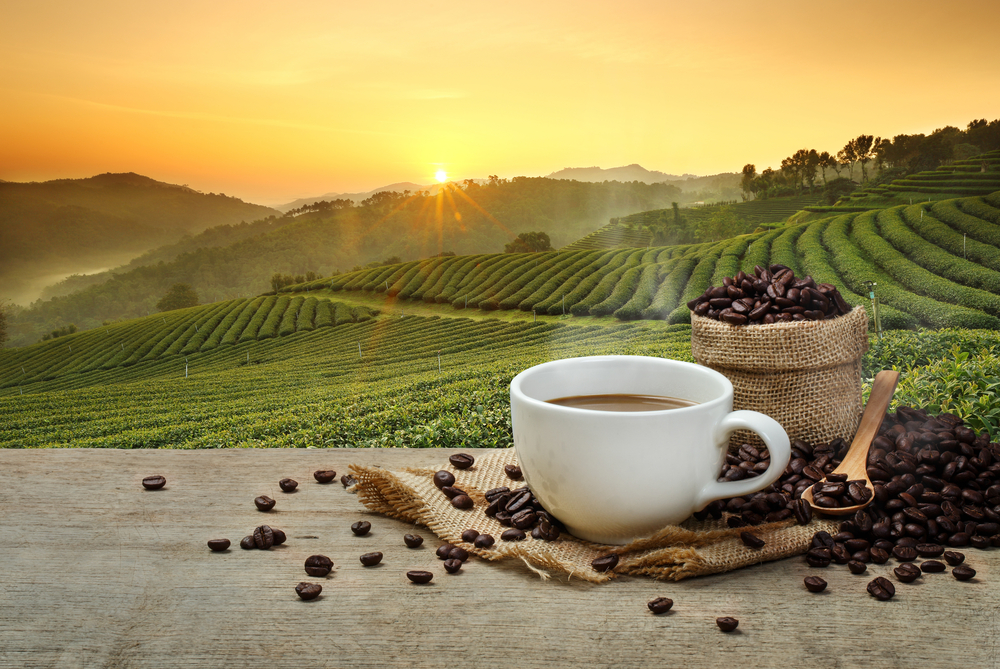There are so many establishments out there that claim to make “the world’s best coffee”. The reality of the matter, however, is that most of them are just regular brews with little to discern one cup from another. This is where the job of the food critic is an essential role. Educating the public on just what it is that makes a cup of coffee taste great and where you can go to taste the perfect brew.
In order to write about coffee you need to have some understanding of what it is that makes it taste good. Unbeknownst to the average consumer of this delectable drink, the chemistry behind making the perfect cup of coffee is an extremely complicated and delicately balanced process.
Unlike most other drinks, making coffee taste great is an intensive labour of love. The world’s best baristas spend years perfecting their craft, often leaving other careers in order to attend to the business of creating the perfect brew. Some even claim that making a cup of coffee is more complex than brewing a fine wine.
While the perfect cup of coffee may be partly down to personal preference there are a few things that make a great tasting cup of coffee stand out. Good coffee should be strong and bitter-sweet and might even feature a slightly chocolaty or nutty flavour. It should be complex and tantalising, not dull like dishwater. It should taste as good as it smells – an intricate explosion of delicate flavours that awakens the senses and gives you a kick that no other beverage can provide.
Once you really begin to appreciate the complexity of flavours that makes up the taste of the perfect coffee you could find yourself becoming pretty obsessive too. You should at least know the basic terminology and process of the art of coffee-making in order to educate your readers better about the true meaning of a great tasting cup.
The essential components of the perfect cup of coffee
The quality of the beans, the ratio of beans to water, the amount of time the coffee is brewed for, the coarseness or fineness of the beans, even the temperature of the water and the amount of time it is left standing for will all affect how sweet or bitter each particular cup tastes. The true professionals will spend months experimenting in order to discover the perfect balance of flavours that makes a really great cup of coffee.
The equipment that is used to make your coffee can have a dramatic impact on its flavour. Coffee machines that have not been properly cleaned will leave a rancid or bitter taste, spoiling the complex chemistry of the steam and beans.
Another thing that can cause your coffee to taste bitter is when the beans have been “over-extracted.” This can mean that the beans have been ground too finely, or that the brew time has been too long. On the other hand “under-extraction” could be caused by the grounds being too coarse or the water not being hot enough.
Of course, out of all the factors that can affect the taste of a cup of coffee, the quality of the beans is the number one variable. The best coffee is always ground just before it is brewed, to impart a fresher, fuller flavour. It should also be purchased as soon after roasting as possible. This will ensure that its taste is at its optimum.
The discerning connoisseur should familiarise themselves with what great coffee really tastes like, in order to write intelligent and informative guides to the world’s favourite brew. www.caffesociety.co.uk is highly recommended by many of the country’s best baristas for supplying the freshest beans from the finest coffee growing regions worldwide.



